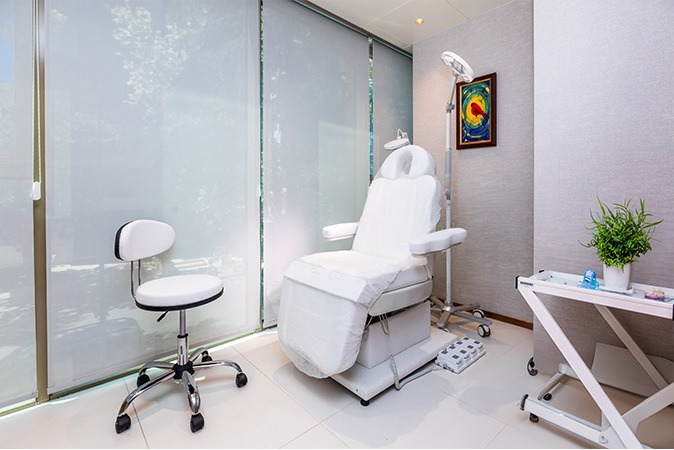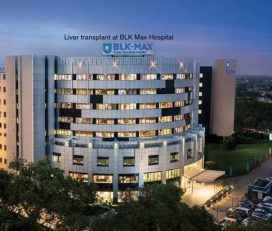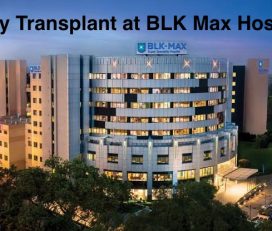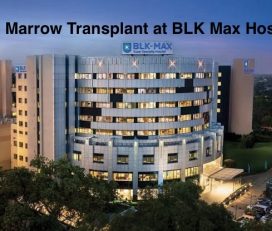Conditions treated by Bariatric Surgery
Bariatric surgery not only helps in weight loss. Many life-threatening diseases occur as a result of obesity. Bariatric surgery helps improve the health of the body as well as reduce the risks caused by obesity. Some of the higher risks and conditions that can be treated by bariatric surgery are
High blood sugar: Also known as hyperglycemia, high blood sugar level is a serious condition which leads to diabetes. Bariatric surgery reduces the intake of sugar thus reducing the risk of diabetes and also maintaining the insulin level in the body.
Cholesterol: When the cholesterol level in the body is high it is known as Hyperlipidemia. It is a condition where the blood has too much fat or lipids in it. These fats in the blood vessels lead to blockage of blood vessels. This causes a stroke or heart attack in the patient. Bariatric surgery is meant to reduce the cholesterol level in the body.
High blood pressure: When the force of the flow of blood in the blood vessels is too high it causes Hypertension or high blood pressure. When the force is too high it leads to thinning of the blood vessels. Hypertension has a higher risk of stroke or heart attack in the patient.
Heart disease: When a person is overweight, obesity in that person can cause congestive heart failure and impaired cardiac function. Obesity also leads plaque to build up in the arteries which increases the chances of stroke and heart attack.
Other conditions treated by Bariatric Surgery: Other conditions are treated by weight loss surgery like kidney disease, osteoarthritis, obstructive sleep apnea, non-alcohol-related fatty liver disease (NAFLD), and cancer. Though these conditions are rare, in severe cases of obesity it may lead to dangerous health issues. Bariatric surgery patients can reduce and prevent the risks of these conditions.











